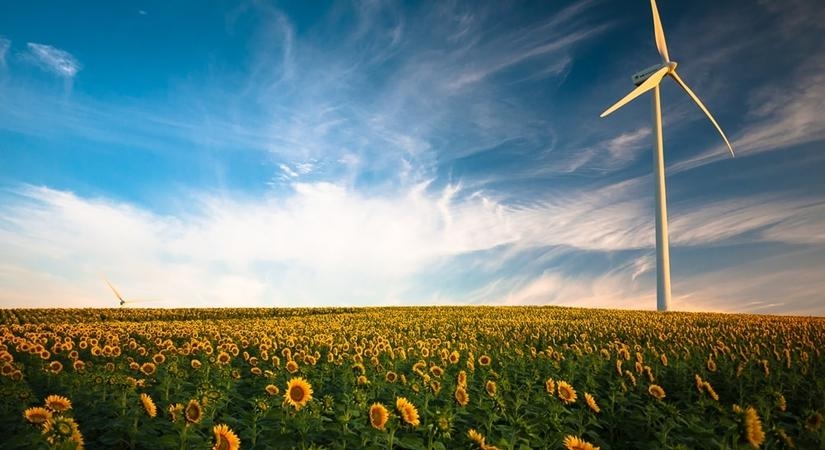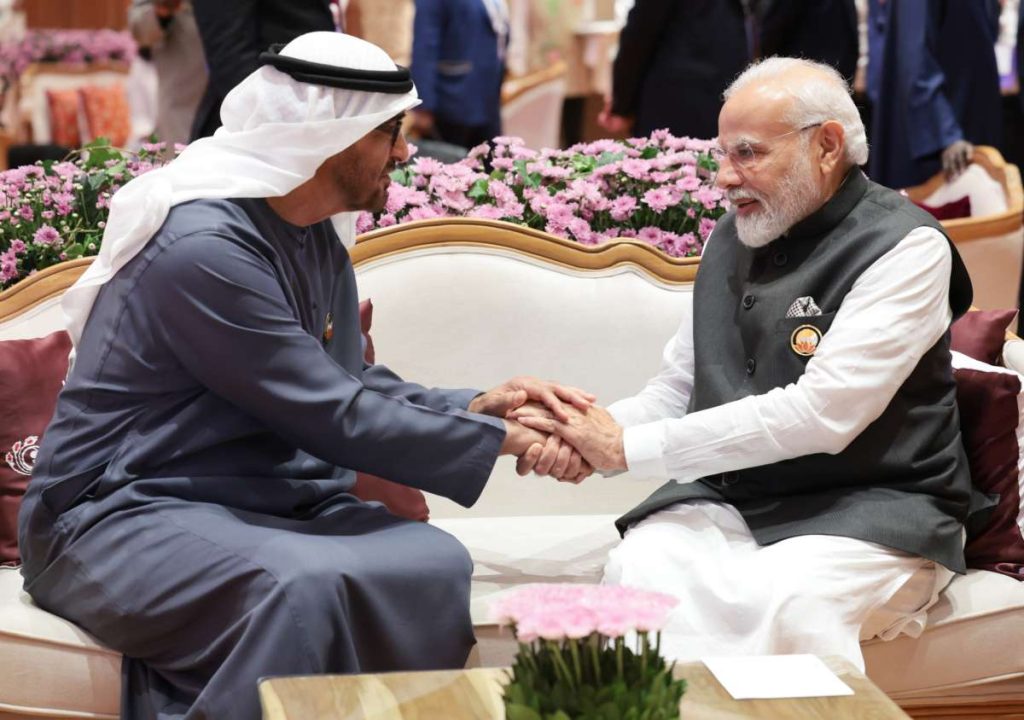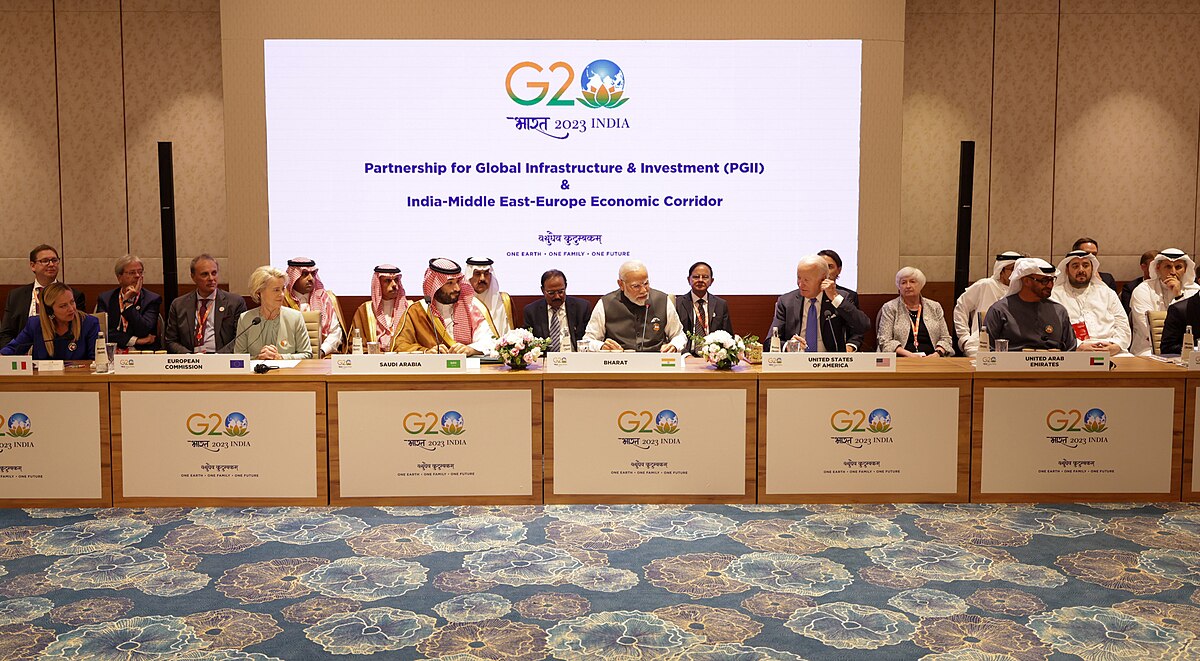India leads Global Biofuel Alliance to drive emissions reduction, sustainable fuel adoption, and rural economic growth. While major ethanol-producing countries, the US and Brazil, are part of the GBA, India took the lead and provided initial capital to set it up. The use of E20 fuel– 20 per cent ethanol-blended petrol—under the GBA programme will improve energy efficiency across all sectors, from residential buildings to industrial production to transportation.
India’s initiative to launch the Global Biofuel Alliance (GBA) is going to help the world fight the energy crisis, reduce greenhouse gases, push eco-friendly energy alternatives and boost rural economy. It seeks to foster international cooperation and accelerate the development and adoption of green fuels that are created from sources including plant and animal waste. In short, India unites different nations and leads them for the use of sustainable fuels for a brighter and promising future.
India’s initiative appears to be in accordance with ‘Vasudhaiva Kutumbakam’ – a Sanskrit phrase that translates to ‘The world is one family’, which India adopted as the theme during its presidency of the G20 group. “Our effort is to work for inclusive, resilient, equitable, and sustainable energy for all,” Indian Prime Minister Narendra Modi said. India has received accolades for coming up with several policies and initiatives to increase ethanol production.

While major ethanol-producing countries, the US and Brazil, are part of the GBA, India took the lead and provided initial capital to set it up. The use of E20 fuel– 20 per cent ethanol-blended petrol—under the GBA programme will improve energy efficiency across all sectors, from residential buildings to industrial production to transportation. Studies by Joint studies reported by the Massachusetts Institute of Technology (MIT) and Honda R&D show that E20 fuel enhances relative efficiency by 20 per cent.
The interest shown by 19 countries and 12 major international organisations to join the GBA underscores the viability of India’s plan. India is set to save INR 450 billion in crude oil imports now, which presents a reliable and feasible example of sustainable ways of development. The ethanol is extracted from renewable sources such as sugarcane, wheat, corn, barley, and other grains, as well as animal waste. It helps reduce harmful emissions such as nitrogen oxide, carbon monoxide and hydrocarbons.
India’s initiative to try alternative fuel boosts its climate leadership.[3] There is support for India’s green initiative from the countries that still are not an official part of the GBA. Singapore’s Ministry of Trade and Industry is exploring ways to become a part of the biofuel processing, markets and supply chains. “We look forward to learning from the experience and expertise of other participating countries in the Global Biofuels Alliance and to contribute to global climate action,” the ministry said.
The International Energy Agency (IEA) has acknowledged India’s role in GBA formation which it said would expand and create new markets for sustainable biofuels. “The sharing of best practices, the technical support and the capacity building that the GBA would bring are welcome additions to international efforts to expand sustainable biofuel production and use,” it said. The GBA will help India as well as other countries to push their clean energy ambitions as it seeks cooperation in technology development and trade of biofuels.

Purva Jain, energy analyst at the Institute for Energy Economics and Financial Analysis, said GBA reflected India’s commitment to clean fuels, which can serve as a critical knowledge and technology platform. “There are needs for technological advancements in the sector and the alliance can bring together capital and scientific resources to work on those. It can also help share learning from different countries to ensure higher uptake of biofuels globally,” she said. Moreover, the GBA has the potential to create opportunities worth USD 500 billion in the next three years as the member countries aim to triple global sustainable biofuel production by 2030.
Thus, the India-led GBA seems a monumental step towards the transition towards sustainable energy practices. The alliance will offer opportunities for farmers to earn better farm remuneration through the cultivation of crops required for ethanol production. Biofuels would certainly be beneficial for the environment. India has turned out to be a leader in the global efforts to shift to a global shift toward cleaner, more sustainable energy sources.









